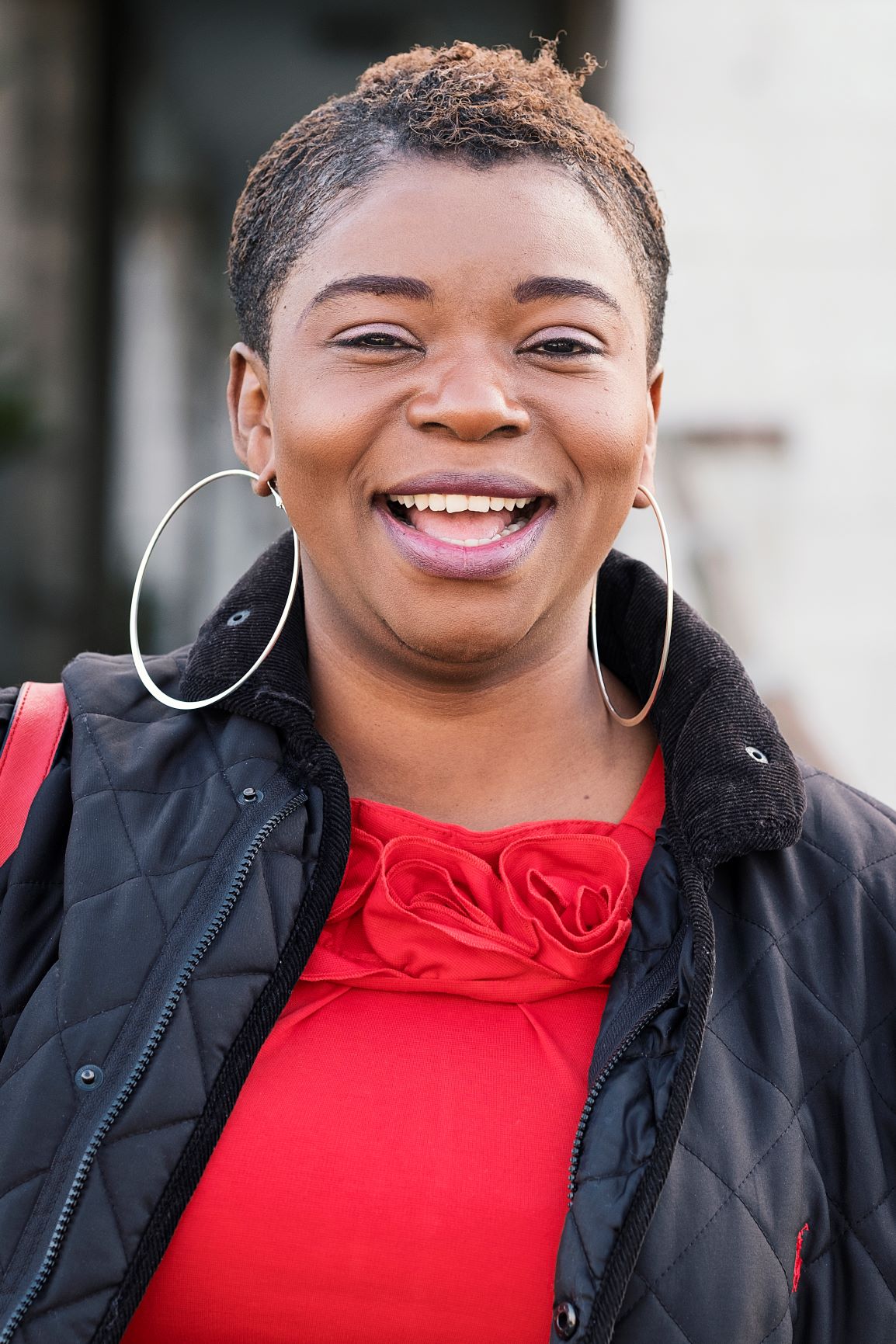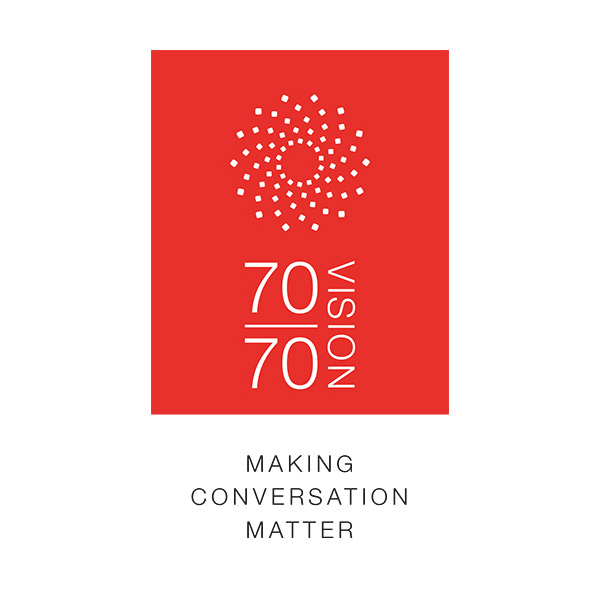 With seven children and a husband in the Ghanaian Air Force my mother certainly had her work cut out. Nevertheless, with such an ample family to support it was imperative that she continued work. If not selling nick-nacks she’d be tending the vegetable patch – the produce from which, as my siblings and I grew older, was our responsibility to sell to those in our neighbourhood. I’m sure there were times when we’d grumble, but it felt less of a chore and more our expected contribution towards the smooth running of the family, especially when the additional income aided our education – something our parents were keen for us to excel in.
With seven children and a husband in the Ghanaian Air Force my mother certainly had her work cut out. Nevertheless, with such an ample family to support it was imperative that she continued work. If not selling nick-nacks she’d be tending the vegetable patch – the produce from which, as my siblings and I grew older, was our responsibility to sell to those in our neighbourhood. I’m sure there were times when we’d grumble, but it felt less of a chore and more our expected contribution towards the smooth running of the family, especially when the additional income aided our education – something our parents were keen for us to excel in.
I’m not saying life was perfect, but compared to existence beyond the barracks we had it pretty good. I led a happy and rather innocent childhood. I took pleasure from the little things in life, but Christmas and birthdays were greeted with much anticipation because more often than not we got something extra-special. It was only when older that I became aware of the financial struggles my parents went through and how they’d purposely sheltered us. But that was them through and through; my mother especially was very humble and never put herself first.
After years of dedication I achieved exam grades that enabled me to attend one of the top-ranking senior schools in Ghana. On the whole the news was greeted with joy – however, a few questioned how someone from a lowly background like myself was worthy of such an opportunity. My mother, upon hearing these comments, sat me down and explained that there will always be those who’ll make it their business to bring you down to their level – with jealousy often the root cause. From that day forward I didn’t let anything or anyone hold me back. I wanted to make my parents proud and not squander an opportunity that, due to circumstances, they never had.
During the later years of my university education I’d expressed an interest, to my then boyfriend, that I’d like to accompany him on a trip to England. I learned a lot – good and bad – during my first visit. The rounded overview of life in England I returned home with would’ve been far more difficult to obtain without the work visa that enabled me to work at various establishments – including a fast-food restaurant.
'people were thinking with their bellies, not their minds!'
Even though I’d technically left home, I hadn’t forgotten my responsibilities towards helping my family. Therefore, when I wasn’t studying in Ghana I returned, even if just for a few weeks, to England to supplement my family’s income. It put extra pressure on me, but it wasn’t so bad – in fact I rather enjoyed the responsibility. And because of my aptitude for hard work the manager at my previous job let me pick up where I’d left off.
In 2005 I’d finished my studies and returned to England; more accurately Nottingham, with the intention of staying for two years. By day I worked at a letting agents, while at night I worked in a pub with two landladies who treated me like family – in a good way, I hasten to add!
It was a wrench leaving Nottingham, but in 2007 I extended my visa and moved to Harlow; I started working for a company that provided me with opportunities to develop my career. My first impressions of Harlow were favourable; however, at work – among a minority – it was a different matter. As much as I tried to counter it, there was an undercurrent of resentment towards me. I wasn’t being hypersensitive, the atmosphere was frosty and went way beyond run-of-the-mill office politics that’s often shown towards newcomers – instead I got a whiff of cultural (bordering on racial) indifference.
Actions often speak louder than words, no more so than on one occasion when I sat down and joined my colleagues for lunch. I wasn’t expecting miracles, but instead of bringing me into their light-hearted conversation they shifted to another table. For a while it really made me question whether I’d done the right thing by taking the job. It took far longer than I’d hoped, but eventually the breakthrough came after wangling myself an invite to after-work drinks. It was a brave move, but with booze and banter in full flow I made some headway and with that the atmosphere thawed.
In 2010, I learned that my grandmother, who had been ill, had taken a turn for the worse. As much as I wanted to, I was unable to return to Ghana straightaway to offer emotional support, which was only made worse when she died a short time later. My mother, who wasn’t coping at all well, was also taken ill and admitted to hospital. The severity of her illness tragically came to light when, just a day after my grandmother’s funeral, she too died.
Understandably I was devastated, but during such times support can come from the most unlikely of sources – namely my co-workers who, in the days before I returned to Ghana, rallied round and showed me such compassion.
In 2011 I married, and my first child was born in 2012. While on maternity leave I became far more aware of the community I was living among. Which, although spare time was scarce, led me to volunteer for Heart 4 Harlow. I had plenty of ideas I wanted to share, therefore I started proposing various community-based events, with the objective of repairing our fractured neighbourhoods. The eureka moment came while participating at a multicultural food festival in Swindon. Cooking is something I’ve always enjoyed, so there are no prizes for guessing that traditional Ghanaian food was my contribution.
'let's get together and celebrate our wonderfully diverse community'
The vibe, with people tucking into food from all corners of the globe, was so positive. As barriers between different races, religions and cultural groups fell, the inverse was true when it came to conversation – it blossomed. I realised that if the food smells, looks and tastes good you’re less inclined to form judgements based on its origin. In a nutshell, people were thinking with their bellies, not their minds.
I’ve got plenty going on in my life – especially with the birth of my second child in 2017 – but regardless I began to contemplate how beneficial it would be to host a similar event in Harlow. At the moment my motivations are greater than ever and plans are well under way.
I’m not claiming that I can address every issue in town, but neither can the council – some of the responsibility lies with the people. Harlow is a relatively small town and the problems we face aren’t insurmountable – let’s get together and celebrate our wonderfully diverse community.
